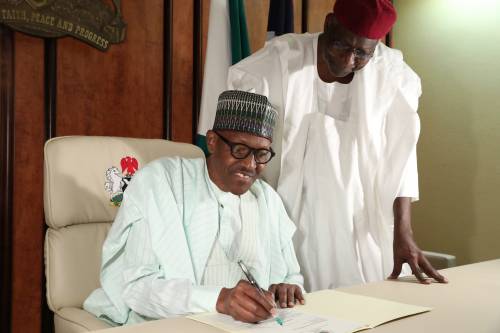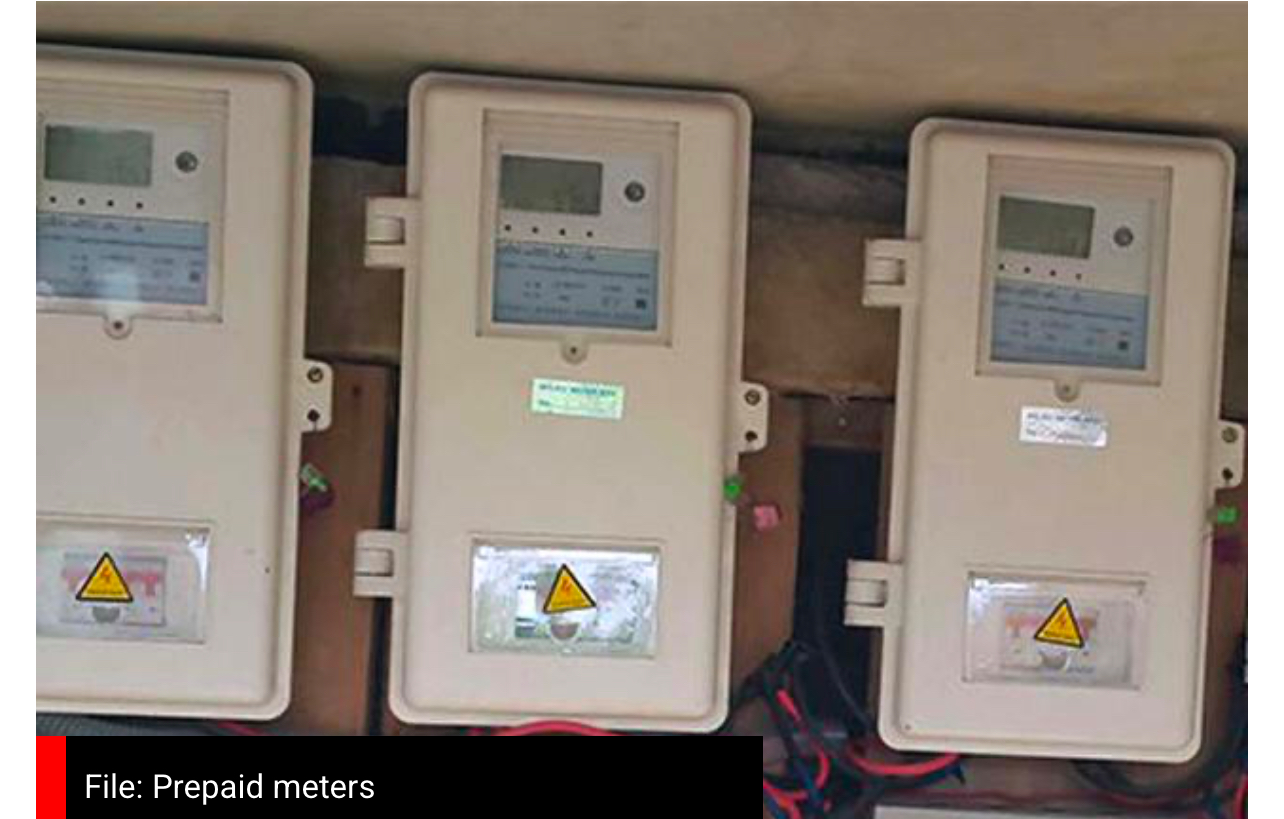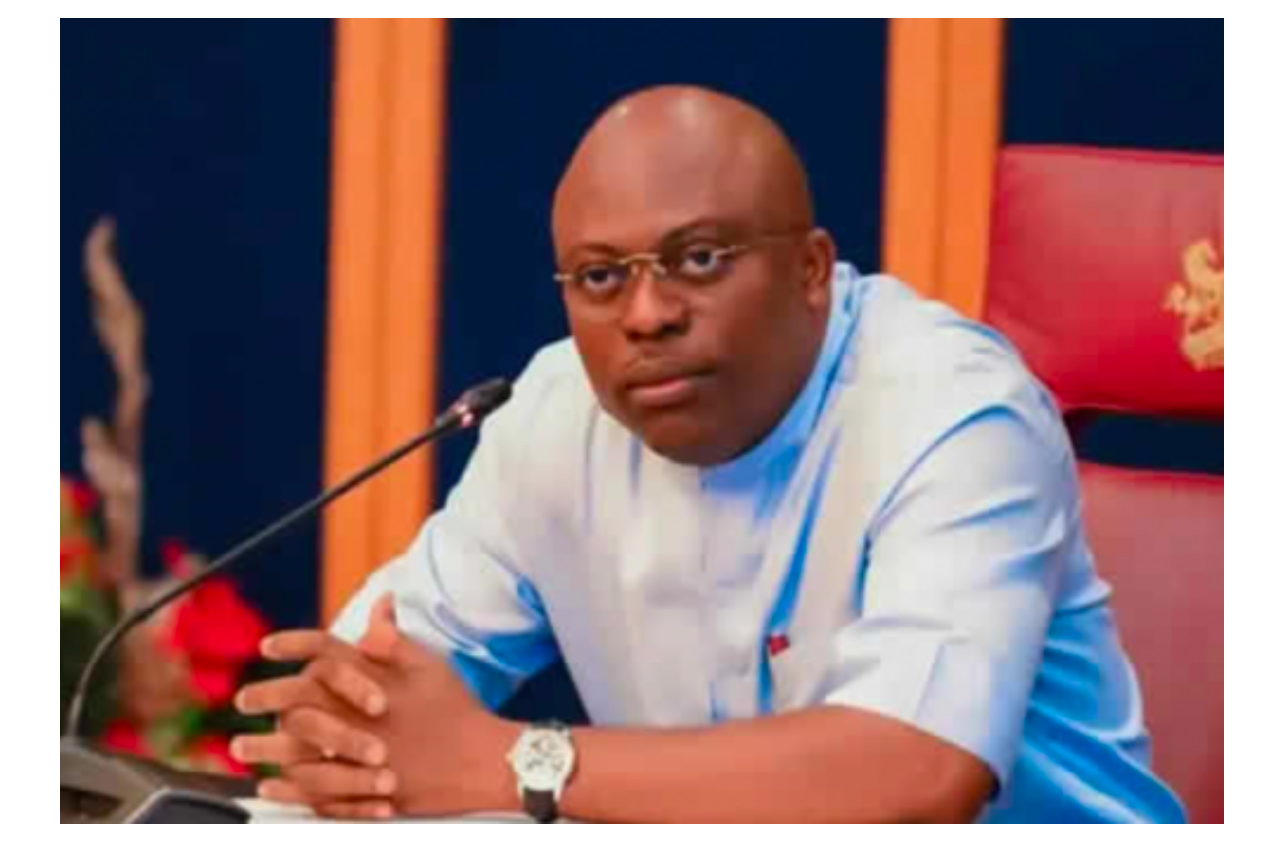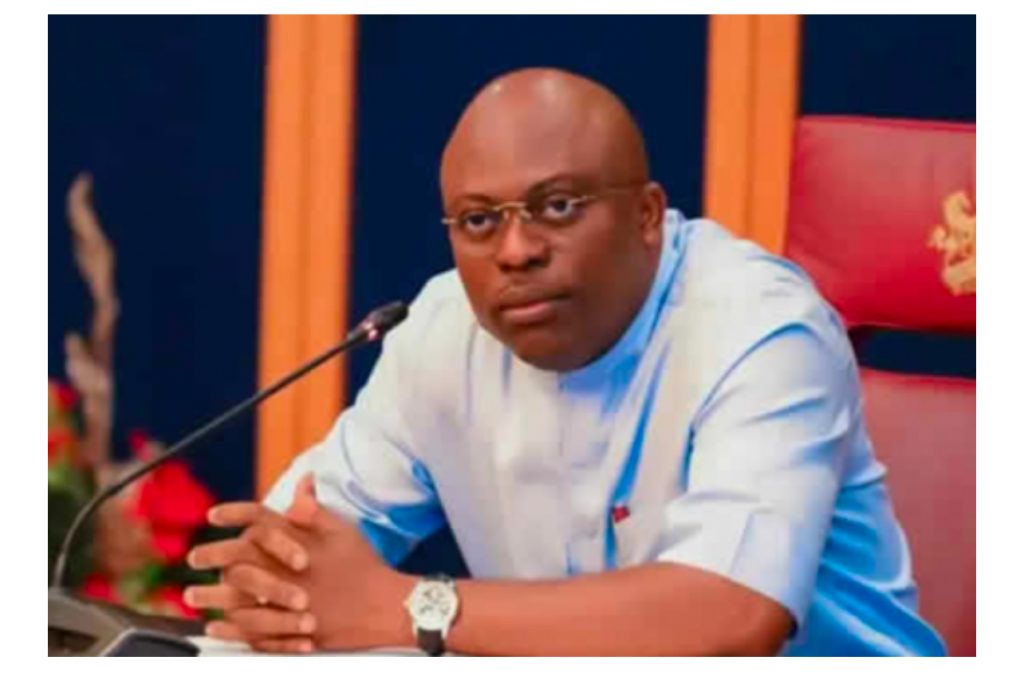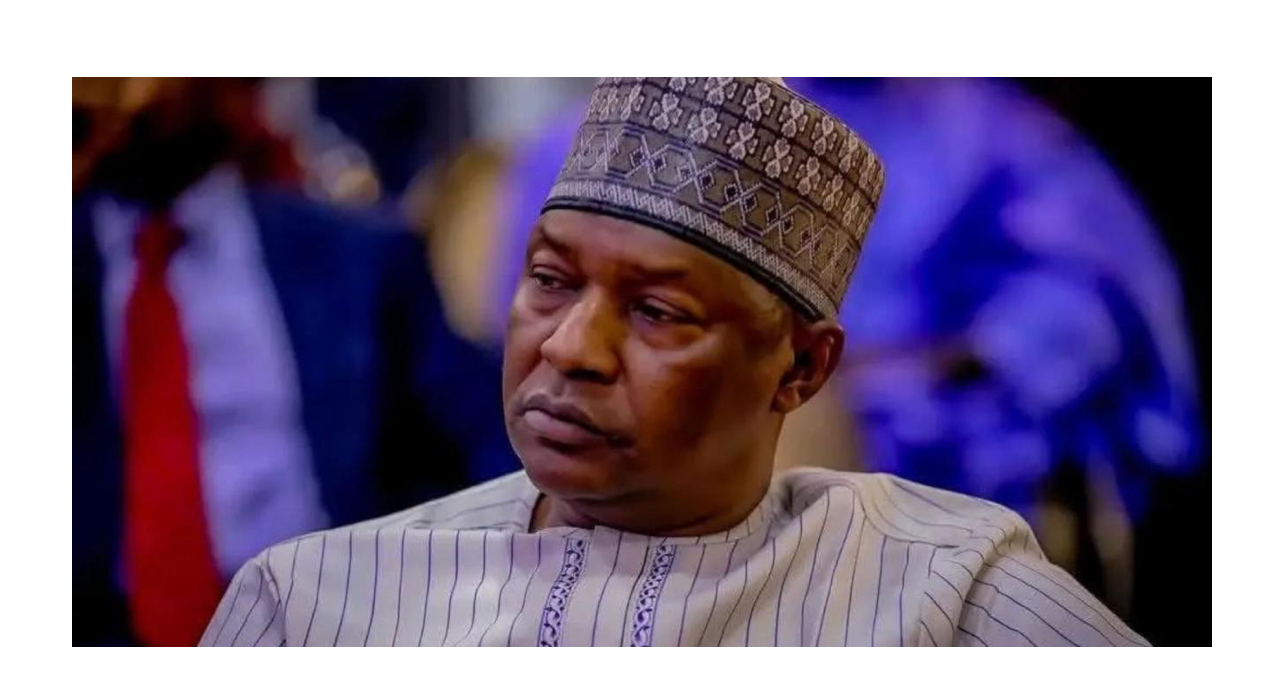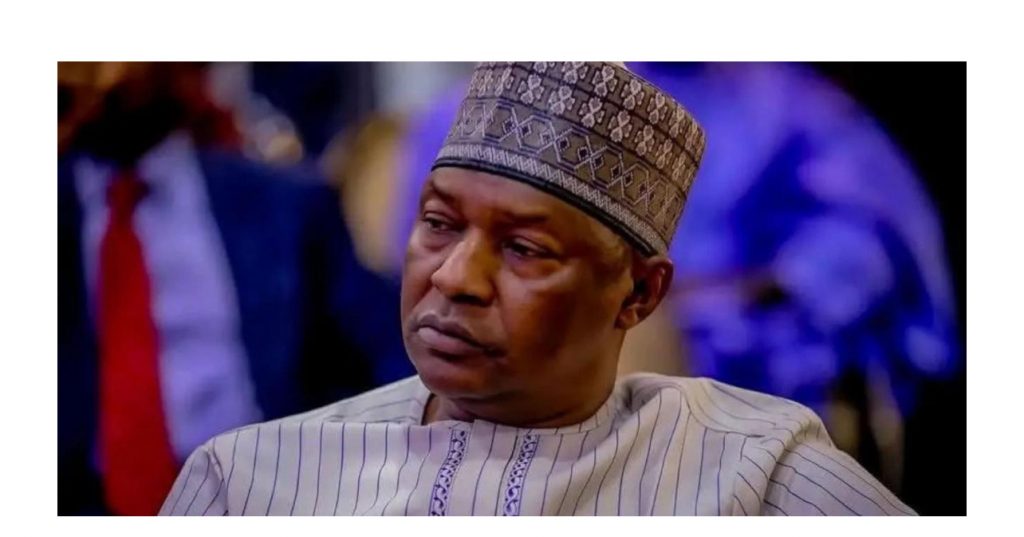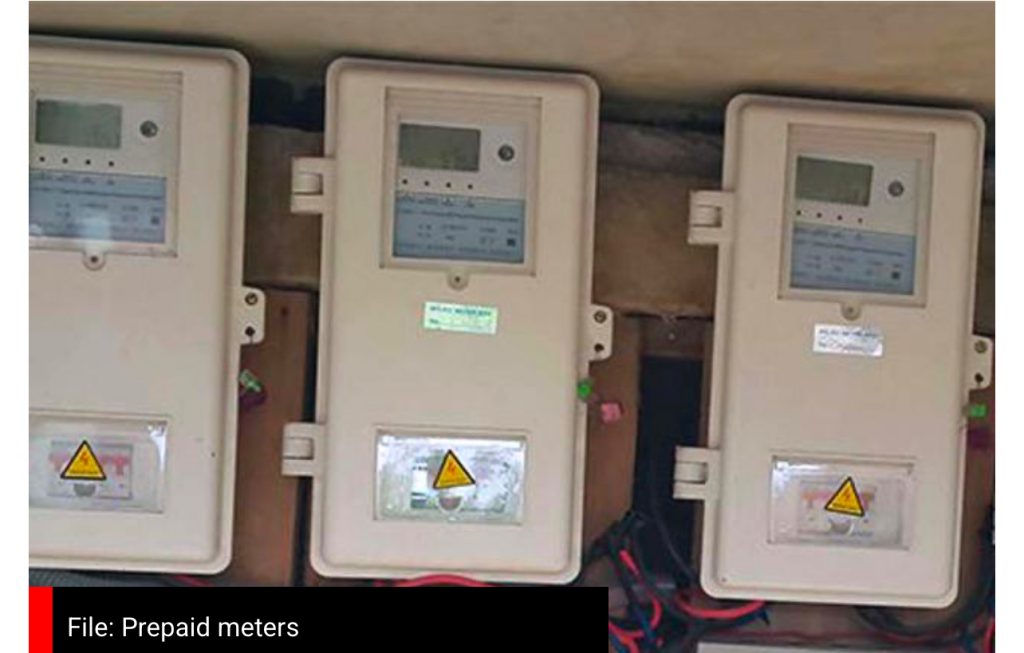
The Federal Government has banned electricity distribution companies and installers from collecting any form of payment for meters, warning that DisCo officials and installers found extorting customers will be prosecuted.
The Minister of Power, Adebayo Adelabu, issued the warning on Thursday during an on-site inspection of newly imported smart meters at APM Terminals, Apapa, Lagos.
Adelabu said the meters were procured under the World Bank–funded Distribution Sector Recovery Programme and must be installed for consumers free of charge, stressing that any demand for money would be treated as an offence.
Adelabu, who was received into the Apapa Port Command of the Nigerian Customs Service by Area Controller Emmanuel Oshoba, expressed happiness over the importation of another tranche of 500,000 smart meters under DISREP.
He said the meters would be given to all electricity customers, regardless of their band. “I want to mention that it is unprecedented that these meters are to be installed and distributed to consumers free of charge—free of charge! Nobody should collect money from any consumer. It is an illegality. It is an offence for the officials of distribution companies across Nigeria to request a dime before installation; even the indirect installers cannot ask consumers for a dime.
It has to be installed free of charge so that billings and collections will improve for the sector.
“The main objective of coming here today is to carry out a physical on-site inspection of shipments of smart meters that the Federal Government has imported under the World Bank-funded Distribution Sector Recovery Programme. This programme is supporting the Federal Government to import a total of about 3.4 million meters in two batches; the first batch is 1.43 million meters, out of which we have received close to about a million meters. Currently, almost 150,000 meters have already been installed across all distribution companies in the country.
“And what we have today is close to 500,000 meters that we just received. They are all smart meters, and I believe that the journey of completely eliminating the meter gap in the Nigerian power sector has just begun,” Adelabu said, even as he expressed dissatisfaction with the pace of metering.
Adelabu was optimistic that in a couple of years, every household, business, and institution would be fully metered so that billings and collections in the power sector would become more transparent, fair, and just. He added that it would also improve the readiness of electricity consumers to pay their bills, leading to improved liquidity in the sector.
“I’m quite excited and elated with what’s happening because it’s unprecedented. This is the first time in the history of this country that a government will be importing and locally buying this number of meters to ensure that the power sector is completely transformed. This is like walking the talk. Our target reform in the sector is not just verbal. Nigerians can see that this is real; it’s not just a promise of the tongue.
“We said it is free. We are not saying this behind closed doors. We are telling Nigerians that the distribution and installation of these meters in every location is free of charge, and it is declared an offence—an illegality—for any DisCo official or installer to request money from the beneficiaries of these meters. We will track and monitor this installation. We also await tip-offs. We have the regulatory commission (NERC), which has offices in some of these locations, and the state regulatory authorities also have offices in each state.
“We are going to open a customer complaint desk whereby, if you notice any such requests for illegal money, you report it, and the authorities will follow up. We are not leaving the installation to the DisCos alone; we’re also creating an interface between the installers and consumers to accelerate the pace of installation. We have some issues with the data and addresses of unmetered customers. We are working hand-in-hand with the DisCos to ensure clean data so that we can accelerate installation.
“We also want to maintain a register whereby unmetered customers can register their names. Once we have a list, we will validate it with the DisCos, improving the pace of installation. We are looking for confirmed cases of requests for money by any DisCo official or installer. Nigerians will know what we can do, and it will serve as a deterrent for others not to commit such an offence or illegality. That’s the plan.
“Extortion is not allowed, but there must be confirmed cases of such extortion, and the officials involved—no matter how high—will be prosecuted. It will be publicised and serve as a deterrent to others with similar intentions. We will not allow that. This is a government effort, and no activity of a DisCo or installer should frustrate government efforts to ensure that life is made easy for Nigerians and that we have a stable, reliable, and functional power sector,” he said.
Adelabu added that the Tinubu administration is resolving a decades-long problem that has affected liquidity. “But the boldness, courage, and political will of the government to go ahead with this should be commended. We will track it end-to-end to ensure that the government’s effort is well implemented and our desired objectives are achieved.
“The aggregate meter gap covers all categories of customers. We are not discriminating. We are prioritising every Nigerian, every customer, every electricity user. The issue of Band A, Band B, or Band C is temporary; it is our systematic way of ensuring this reform reaches everyone. The meters will be given to all levels of customers and not restricted to a single band. I am committing to that,” he stressed.
As journalists expressed doubts over the possibility of free meter distribution to customers, the Director-General of the Bureau of Public Enterprises, Ayo Gbeleyi, stated that the bureau coordinates the implementation of the Distribution Sector Recovery Programme on behalf of the Federal Government and serves on the boards of all 11 electricity distribution companies.
Gbeleyi said, “Regarding concerns that DisCos are delaying meter installations, you will soon see a new order or circular from the Nigerian Electricity Regulatory Commission prescribing the protocols and processes DisCos must follow to ensure unhindered access for meter installations.
“We are monitoring this. We have our dashboard, trackers, and all stakeholders’ hands on deck to ensure seamless and rapid deployment of these meters. One more thing—the meters here are manufactured to the specific requirements of each DisCo. They are inscribed on the meter, with an anti-theft protocol embedded. The configuration is for a particular DisCo, so a meter configured for Eko DisCo cannot be installed in Ibadan.”
Speaking, the Chairman of Mojec, Mojisola Abdul, said the meters supplied by the Federal Government are designed to genuinely generate more revenue for the country and supply more power.
“I’m telling you, physically, we have installed almost 150,000 meters, and they are free. Don’t give anybody money. You are not allowed. We had a meeting Wednesday with the minister and the DG of BPE about further progress on making it easy for every Nigerian. We are calling it mobile registration of free meters. If you register today, your meter will be installed within three days,” she said.
On the delay in meter installations after months of application and payments made, the minister reassured, “This is our country. It is valid that there will be apprehensions and reservations because of past experiences. Previously, there was limited meter availability, and payment was required.
“But this programme has two advantages: first, the volume is now sufficient—we have received almost 1 million meters, with another 1.55 million meters coming in the second phase. Second, the meters must be installed free of charge. The complications experienced in the past will be completely eliminated. We had a meeting on Wednesday for almost two to three hours to discuss all existing complications and foreseeable difficulties, and I assure you we already have effective solutions to all these problems.”
Adelabu also visited the National Meter Test Station in Oshodi, where meters are tested by the Nigerian Electricity Management Services Agency to ensure they meet required standards. Nigeria currently has over five million customers under estimated billing.
Post Views: 143

